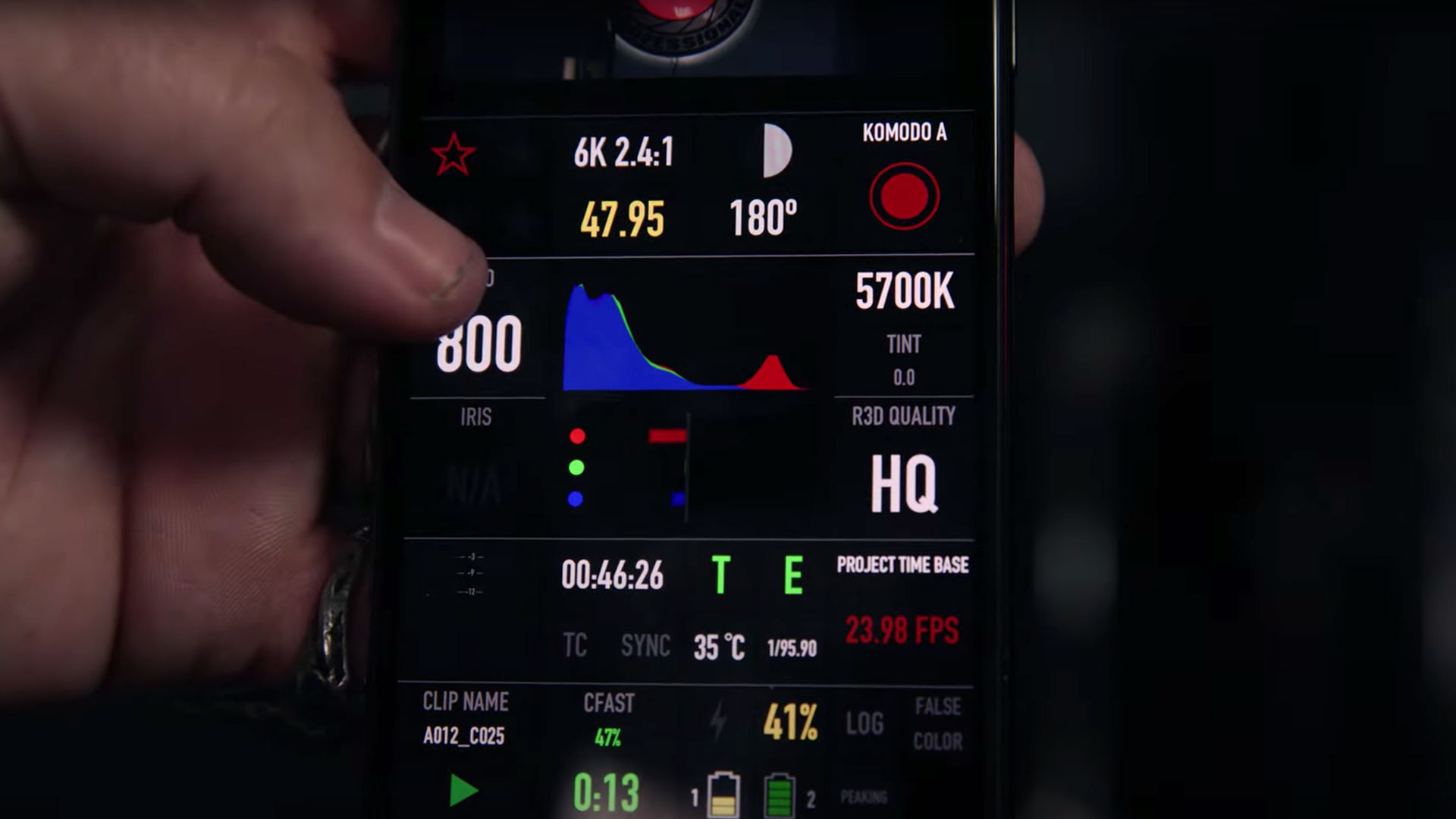- The UK’s regulator has barred the practice of networks selling locked phones.
- The change comes into effect from December 2021.
Locked smartphones are one of the more annoying trends in the industry, as operators bar consumers from using their phones on other networks. Now, the UK’s regulator has announced that it’s banning networks from selling locked devices.
The change was announced by communications regulator Ofcom and comes into effect from December 2021, the BBC reported (h/t: Android Central). This new change will reportedly affect EE, Vodafone, and Tesco Mobile. BBC adds that O2, Sky, Three, and Virgin all sell unlocked phones already.
“We know that lots of people can be put off from switching because their handset is locked. So we’re banning mobile companies from selling locked phones, which will save people time, money and effort — and help them unlock better deals,” Ofcom connectivity director Selina Chadha was quoted as saying on the regulator’s website.
Read more: Unlocked phones — The pains and pleasures
The operators apparently claimed in the past that locked phones deter theft and fraud. But it’s tough not to see this as an attempt to simply make it harder for people to leave a network. Operators frequently subsidize the cost of devices on contract too, so locking the phone presumably gives networks a chance to recoup that cash.
Ofcom notes that it typically costs around £10 to unlock a phone, but added that half of all people who attempt to do so experience issues. These obstacles include a long wait to receive the code required to unlock the phone, and the code simply not working.
The watchdog also claimed that some consumers don’t know their phones are network-locked, resulting in loss of service/coverage when they try to switch to another carrier.














